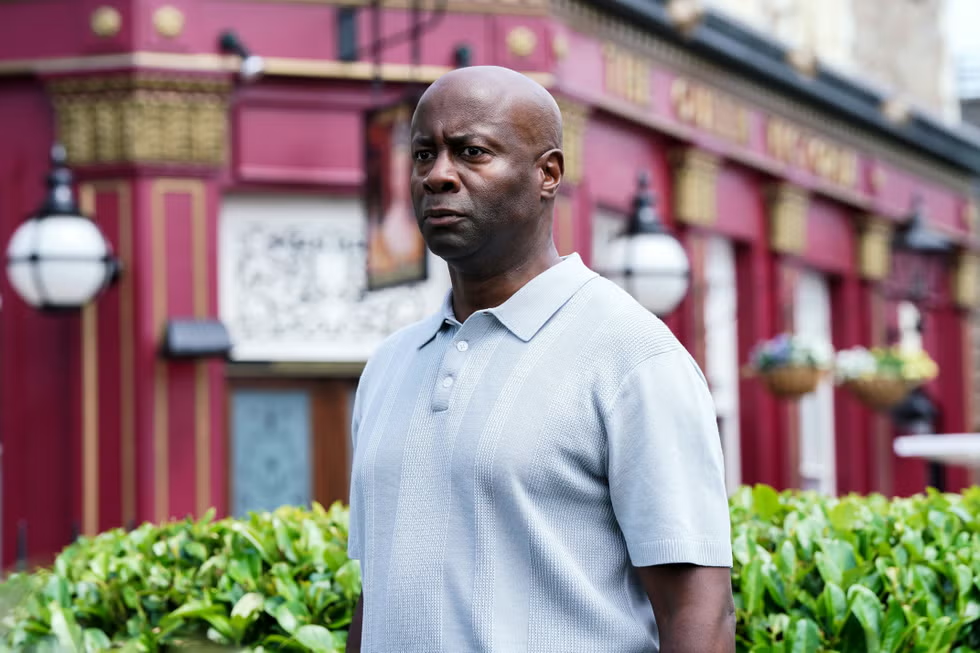General Hospital Fans Think That The Willow Character Does A Disservice To Women
In the world of daytime television, “General Hospital” has captivated audiences for decades. However, recent discussions about the character Willow have ignited a wave of critique among fans. Many believe that her portrayal does a disservice to women, casting a shadow over the empowering narratives that viewers often seek in female characters. Willow, once celebrated for her strength and determination, is now perceived by many as weak and overly emotional, especially in her tumultuous relationship with Drew. This shift has raised concerns about how her storyline influences perceptions of women in media.
The Transformation of Willow in General Hospital

Willow’s character transformation has been a topic of considerable discussion among fans. Initially, she was introduced as a resilient woman, someone with a strong moral compass and a clear sense of self. However, as the plot has evolved, many viewers argue that she has devolved into a more submissive figure. Critics emphasize that her dependence on Drew has led her to alienate herself from friends and family, making decisions that seem to undermine her better judgment. This change is worrisome for many who believe television should showcase women who make empowered choices rather than succumb to unhealthy relationships.
Articulating Concerns: Audience Reactions

- Fans have taken to social media platforms to voice their apprehensions about Willow’s direction. The consensus is that her emotional vulnerability is being mistaken for weakness.
- A significant number of viewers feel that the current arc of Willow does not resonate with real-life experiences of women, many of whom navigate complex relationships without losing their independence.
- Critics of the storyline argue that such portrayals perpetuate stereotypes about women being overly emotional and dependent on male counterparts, thus failing to reflect the realities many women face today.
Hope for a Redemption Arc
Despite the criticisms, there remains a glimmer of hope among fans for Willow’s redemption. Many believe that a character turnaround is not only possible but necessary for a more favorable representation of women. If Willow can recognize her dependency on Drew and refocus her energies on personal growth and responsibilities, it could lead to a powerful narrative shift towards empowerment. Viewers are eager to see her reclaim her agency, rebuild relationships with loved ones, and ultimately emerge as a character who embodies strength and assertiveness.
The potential for Willow’s story to evolve into one of resilience and self-discovery is promising. Audiences yearn for a storyline that showcases how women can overcome obstacles, reclaim their narratives, and emerge victorious. The current critiques might serve as a catalyst for writers to reevaluate Willow’s trajectory and reinforce positive representations of women on screen. 
A Call for Stronger Female Representation
The ongoing discussions surrounding Willow’s character in “General Hospital” highlight a larger issue within media portrayals of women. Fans desire to see female characters who are not just defined by their relationships but who also exhibit strength, independence, and the ability to overcome adversity. The hope is that the show’s creators will listen to the audience’s concerns and strive for narratives that empower rather than diminish. As Willow’s story unfolds, will the writers take the opportunity to provide her with the growth she needs to become a compelling representation for women everywhere?
Ultimately, the portrayal of Willow serves as a crucial reminder about the importance of strong female characters in television. Fans look forward to witnessing an evolution that aligns with their desire for empowerment and authenticity. As viewers tune in week after week, they are left wondering if Willow can indeed surpass her current limitations and rise as a beacon of strength and resilience. Viewers are encouraged to follow “General Hospital” and support narratives that champion female empowerment.





